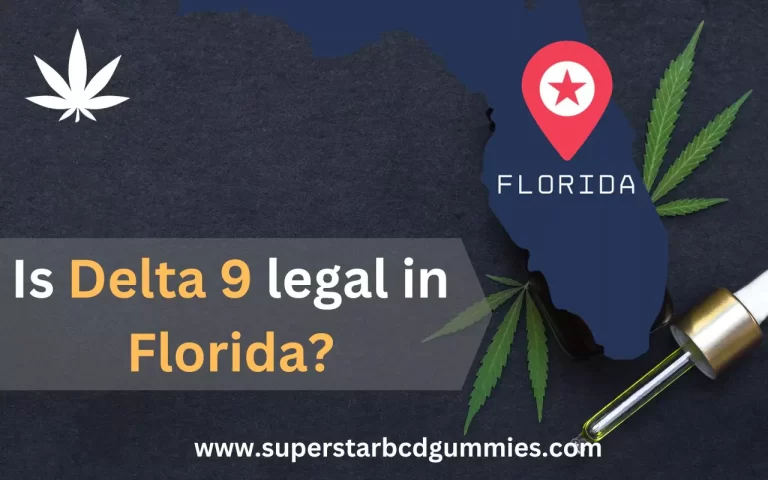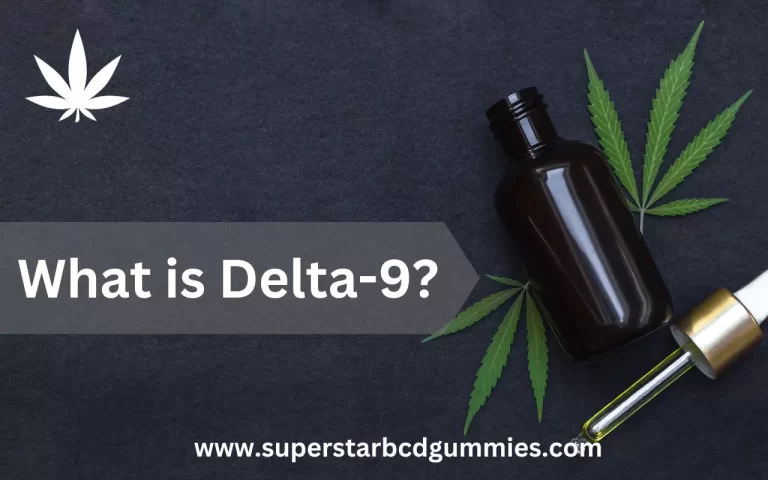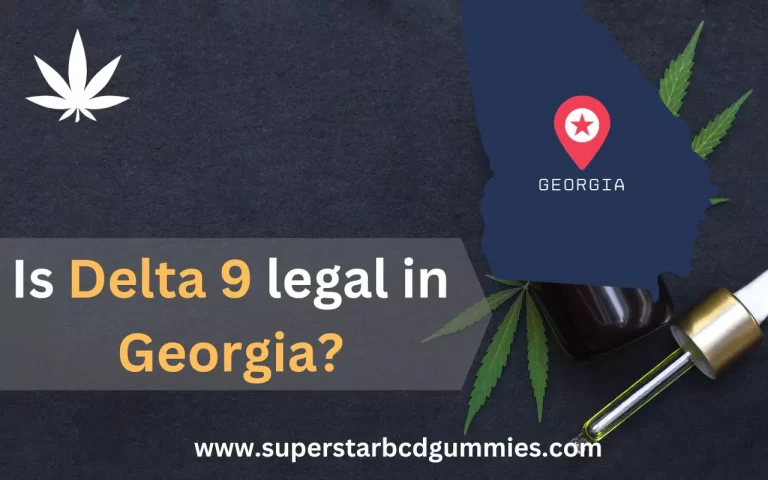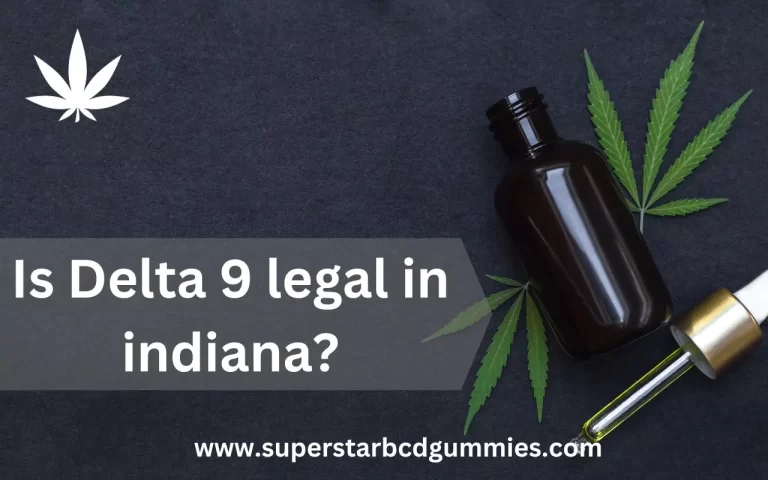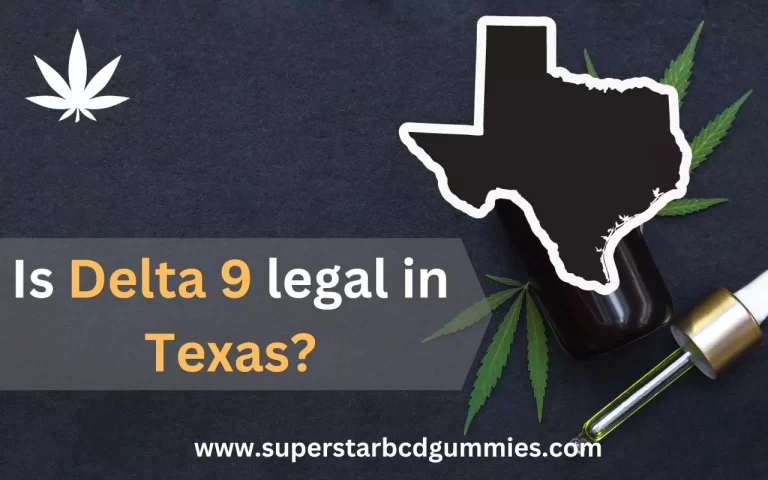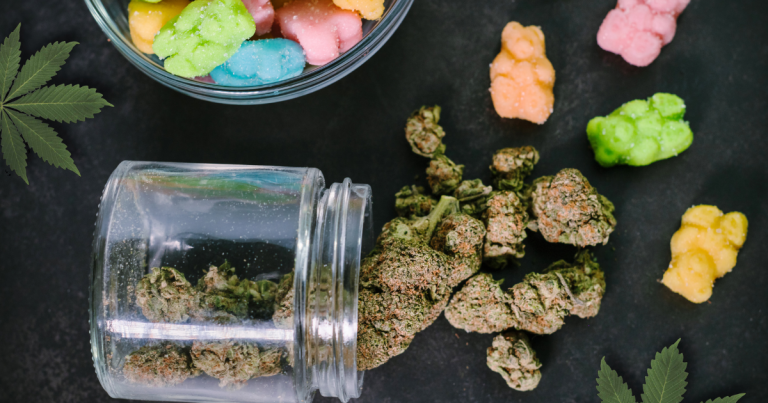CBD Legal States 2023: A Comprehensive Guide to CBD Laws Across the US
Cannabidiol (CBD), a non-psychoactive compound derived from the cannabis plant, has gained significant traction in recent years as a potential therapeutic and wellness aid. However, the legality of CBD remains a complex issue, with varying regulations across different states in the United States. This blog post delves into the current landscape of CBD laws by state, providing a comprehensive overview of CBD legality in 2023.
CBD Laws by State
The legalization of CBD in the US has been a gradual process, with individual states taking varying approaches to regulating its sale and use. As of 2023, most states have legalized CBD in some form, with a few exceptions.
The Agriculture Improvement Act of 2018, also known as the 2018 Farm Bill, is a piece of federal legislation enacted on December 20, 2018. The bill makes several changes to agricultural policy, including legalizing the production of hemp.
Hemp is a type of cannabis plant that is low in THC, the psychoactive compound that produces a “high.” Hemp has been used for centuries for its fiber and other industrial purposes, but it was classified as a controlled substance under the Federal Controlled Substances Act (CSA) in 1970.
The 2018 Farm Bill removed hemp from the CSA, making it legal to grow and sell hemp products. This is a significant change, as it allows hemp to be cultivated as an agricultural crop and opens up new markets for hemp products.
The bill also created a regulatory framework for the production of hemp. This framework is designed to ensure that hemp is grown safely and responsibly and that hemp products are not contaminated with THC.
The legalization of hemp is expected to have several benefits, including:
- We are creating new jobs and economic opportunities. Hemp is a versatile crop used for various purposes, including food, fiber, and fuel. Legalizing hemp is expected to create new jobs in farming, processing, and manufacturing.
- It is reducing the environmental impact of agriculture. Hemp is a sustainable crop that requires less water and pesticides than other crops. It can also help to improve soil quality and reduce erosion.
- Providing new health and wellness benefits. Hemp products have been shown to have some potential health benefits, including pain relief, anxiety reduction, and improved sleep.
The 2018 Farm Bill is a significant piece of legislation expected to impact the hemp industry significantly. Legalizing hemp is a major victory for farmers and entrepreneurs, and it is expected to create new jobs and economic opportunities. It is also likely to have some environmental and health benefits.
Here are some of the key provisions of the 2018 Farm Bill that relate to hemp:
- Hemp is removed from the CSA. This makes it legal to grow and sell hemp products.
- The USDA is authorized to regulate the production of hemp. The USDA is responsible for creating a regulatory framework for hemp production. This framework is designed to ensure that hemp is grown safely and responsibly and that hemp products are not contaminated with THC.
- Hemp is eligible for crop insurance. This will help to protect hemp farmers from losses due to natural disasters or other risks.
- Hemp research is authorized. This will help develop new and improved hemp varieties and identify new uses for hemp products.
The 2018 Farm Bill is a significant step forward in the legalization of hemp. It is expected to benefit farmers, entrepreneurs, and consumers.
States with No Restrictions on CBD Sales
A handful of states have adopted the most permissive approach to CBD regulation, allowing the sale and use of CBD without any restrictions. These states include:
- Colorado
- California
- Maine
- Massachusetts
- Nevada
- Oregon
- Vermont
In these states, CBD products can be purchased freely from a wide range of retailers, including dispensaries, health food stores, and even online sellers.
CBD Legality by State
The remaining states have adopted varying degrees of CBD sales and use restrictions. To provide a more detailed overview, we’ll delve into the specific regulations for each state:
Alabama
In Alabama, CBD is legal as long as it is derived from hemp and contains less than 0.3% THC. However, the state has not yet established a regulatory framework for CBD sales.
Alaska
Alaska legalized CBD in 2019, allowing its sale and use for recreational and medical purposes.
Arizona
Arizona legalized CBD in 2018, permitting its sale and use for recreational and medical purposes.
Arkansas
Arkansas legalized CBD in 2019, allowing its sale and use for medical purposes only.
California
California was one of the first states to legalize CBD, and it currently has no restrictions on its sale or use.
Colorado
Colorado was another early adopter of CBD legalization, and it currently has no restrictions on its sale or use.
Connecticut
Connecticut legalized CBD in 2015, allowing its sale and use for medical purposes only.
Delaware
Delaware legalized CBD in 2018, permitting its sale and use for recreational and medical purposes.
District of Columbia
The District of Columbia legalized CBD in 2014, allowing its sale and use for recreational and medical purposes.
Florida
Florida legalized CBD in 2019, allowing its sale and use for medical purposes only.
Georgia
Georgia legalized CBD in 2019, permitting its sale and use for medical purposes only.
Hawaii
Hawaii legalized CBD in 2016, allowing its sale and use for medical purposes only.
Idaho
Idaho legalized CBD in 2019, permitting its sale and use for medical purposes only.
Illinois
Illinois legalized CBD in 2018, allowing its sale and use for recreational and medical purposes.
Indiana
Indiana legalized CBD in 2019, permitting its sale and use for medical purposes only.
Iowa
Iowa legalized CBD in 2019, allowing its sale and use for medical purposes only.
Kansas
Kansas legalized CBD in 2021, permitting its sale and use for medical purposes only.
Kentucky
Kentucky legalized CBD in 2019, allowing its sale and use for medical purposes only.
Louisiana
Louisiana legalized CBD in 2015, permitting its sale and use for medical purposes only.
Maine
Maine legalized CBD in 2015, and it currently has no restrictions on its sale or use.
Maryland
Maryland legalized CBD in 2018, allowing its sale and use for medical purposes only.
Massachusetts
Massachusetts legalized CBD in 2016 and has no restrictions on its sale or use.
Michigan
Michigan legalized CBD in 2018, permitting its sale and use for recreational and medical purposes.
Minnesota
Minnesota legalized CBD in 2015, allowing its sale and use for medical purposes only.
Mississippi
Mississippi legalized CBD in 2020, permitting its sale and use for medical purposes only.
Missouri
Missouri legalized CBD in 2018, allowing its sale and use for medical purposes only.
Sure, here is a continuation of the comprehensive blog post on CBD legality by state:
Nebraska
Nebraska legalized CBD in 2019, permitting its sale and use for medical purposes only.
Nevada
Nevada legalized CBD in 2017, and it currently has no restrictions on its sale or use.
New Hampshire
New Hampshire legalized CBD in 2019, allowing its sale and use for medical purposes only.
New Jersey
New Jersey legalized CBD in 2019, permitting its sale and use for medical purposes only.
New Mexico
New Mexico legalized CBD in 2019, allowing its sale and use for medical purposes only.
New York
New York legalized CBD in 2018, allowing its sale and use for medical purposes only.
North Carolina
North Carolina legalized CBD in 2016, allowing its sale and use for medical purposes only.
North Dakota
North Dakota legalized CBD in 2019, permitting its sale and use for medical purposes only.
Sure, here is a continuation of the comprehensive blog post on CBD legality by state:
Ohio
Ohio legalized CBD in 2019, allowing its sale and use for medical purposes only.
Oklahoma
Oklahoma legalized CBD in 2019, permitting its sale and use for medical purposes only.
Oregon
Oregon legalized CBD in 2015 and has no restrictions on its sale or use.
Pennsylvania
Pennsylvania legalized CBD in 2019, allowing its sale and use for medical purposes only.
Rhode Island
Rhode Island legalized CBD in 2019, permitting its sale and use for medical purposes only.
South Carolina
South Carolina legalized CBD in 2019, allowing its sale and use for medical purposes only.
South Dakota
South Dakota legalized CBD in 2020, permitting its sale and use for medical purposes only.
Tennessee
Tennessee legalized CBD in 2019, allowing its sale and use for medical purposes only.
Texas
Texas legalized CBD in 2015, allowing its sale and use for medical purposes only.
Utah
Utah legalized CBD in 2019, permitting its sale and use for medical purposes only.
Vermont
Vermont legalized CBD in 2015 and has no restrictions on its sale or use.
Virginia
Virginia legalized CBD in 2015, allowing its sale and use for medical purposes only.
Washington
Washington legalized CBD in 2015 without restrictions on its sale or use.
Sure, here is a continuation of the comprehensive blog post on CBD legality by state:
West Virginia
West Virginia legalized CBD in 2019, allowing its sale and use for medical purposes only.
Wisconsin
Wisconsin legalized CBD in 2018, permitting its sale and use for medical purposes only.
Wyoming
Wyoming legalized CBD in 2019, allowing its sale and use for medical purposes only.
In these states, CBD can be purchased from a variety of retailers, including dispensaries, health food stores, and even online.
It is important to note that the laws surrounding CBD are constantly changing, so it is always best to check the laws in your state before purchasing or using CBD.

